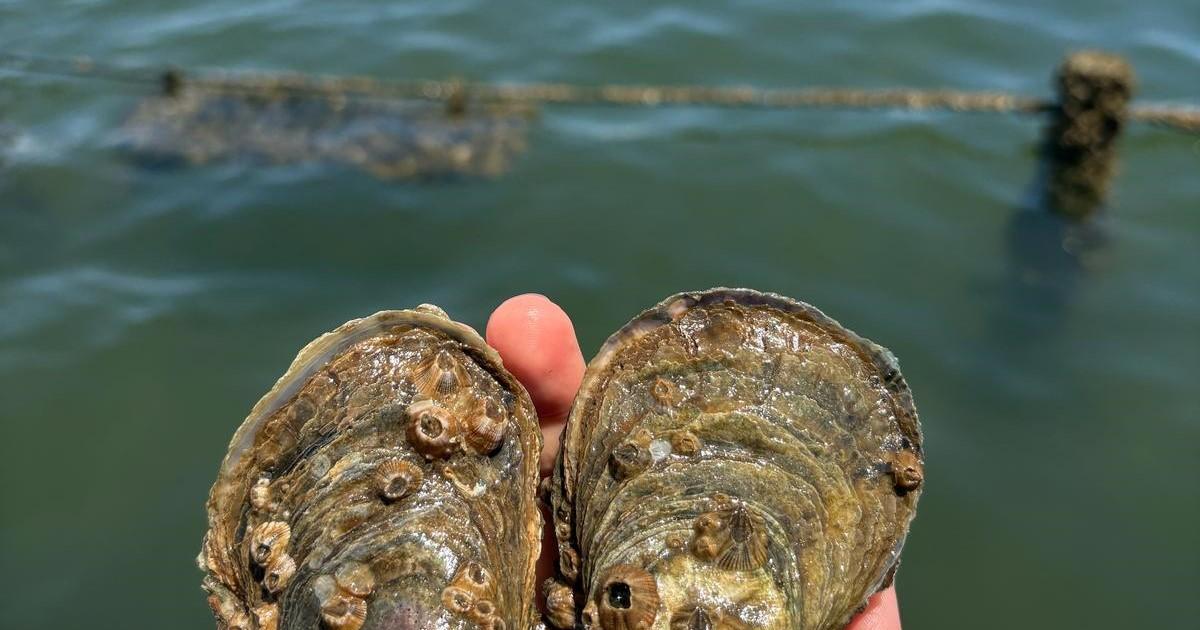
Oyster, Seaweed Farms to Revitalize Fiji, N. Australia
A new ACIAR-supported research initiative intends to assist coastal aquaculture in Fiji and northern Australia by building sustainable livelihoods and strengthening food systems for local and Indigenous communities.
Led by the University of the Sunshine Coast, the $A2.9 million investment brings together researchers and government agencies from both countries, including the Fiji Ministry of Fisheries, the Northern Territory Department of Agriculture and Fisheries and the Pacific Community‘s Division of Fisheries, Aquaculture and Marine Ecosystems.
Focusing on the development of tropical rock oyster and seaweed farming, the project will support indigenous communities rural and coastal communities in the Northern Territory of Australia and in Fiji.
“Working alongside Yagbani Aboriginal Corporation and Groote Aqua Aboriginal Corporation on Goulburn Island and Groote Eylandt is central to this project,” said project leader Dr Samantha Nowland from the Northern Territory Department of Agriculture and Fisheries.
“Through two-way learning between traditional knowledge and western science, we’re supporting community aspirations to develop local aquaculture industries that are culturally appropriate, economically meaningful, and environmentally sustainable. This is about creating lasting opportunities – designed with, and led by, the communities themselves.”
Building sustainable aquaculture industries
Oyster farming in both Fiji and northern Australia is still in its early stages of development with limited production and data. However, research by the Cooperative Research Centre for Developing Northern Australia estimates that a fully developed industry could create up to 500 jobs and contribute A$217 million in direct output and a further A$76 million in indirect economic benefits.
Seaweed farming is one of the largest aquaculture crops globally. However, it has seen a decline in the Pacific islands since 2000 and Australia currently has no commercial ocean-based seaweed farms.
Both oysters and seaweeds are recognised as low-impact, climate-smart options for coastal food production, making them ideal candidates for developing new aquaculture livelihoods in remote regions.
This project will explore how integrating seaweed into oyster farming systems can provide additional income, improve water quality and enhance climate resilience in both countries’ communities.
“By developing a marketable tropical rock oyster product and incorporating seaweed farming, we’re supporting food security, empowering local communities and driving regional economic growth,” said NT Minister for Agriculture and Fisheries Gerard Maley at the launch of the project.
“This initiative reflects our commitment to sustainable aquaculture and building the Territory’s economy.”
Tackling multiple challenges
The research will tackle technical, environmental and market challenges to help establish viable aquaculture enterprises. It will focus on developing a safe, nutritious and popular tropical rock oyster product, ensuring farmers have reliable access to oyster spat and establishing community-based enterprises that are both socially and technically appropriate. The project will also build the capacity of national and regional institutions to support enterprise development and explore ways to integrate seaweed farming into oyster production systems.
Fiji’s Minister for Fisheries and Forests, the Hon Alitia Bainivalu welcomed the initiative at its launch.
“With support from our Australian partners, this project will enhance market access, technical expertise, and opportunities for coastal communities. We are strengthening food systems and creating meaningful economic opportunities that will help ensure resilience and prosperity for future generations.
“I commend the efforts of all the partner organisations involved. I look forward to the positive impacts this project will have on the communities of Fiji and northern Australia, as well as the broader goal of fostering equitable food systems in the Pacific and beyond.”
Supporting resilient food systems
Both oysters and seaweeds are recognised as climate-resilient options in the face of changing marine environments. The project aligns with ACIAR’s broader goals of supporting healthy, resilient and equitable food systems in tropical coastal communities.
By fostering regional partnerships and advancing sustainable aquatic food production, the research contributes to strengthening global agrifood systems and improving food security for smallholder farmers.
Learn more about the project here.
https://www.aciar.gov.au/media-search/news/oyster-and-seaweed-farming-fiji-and-Australia


